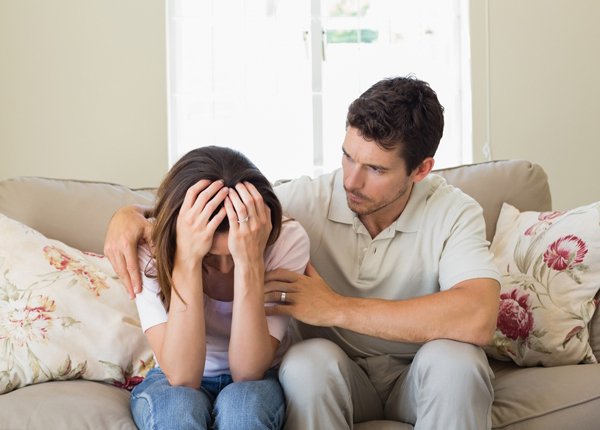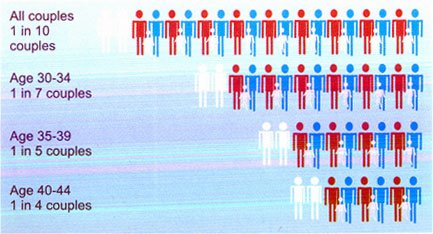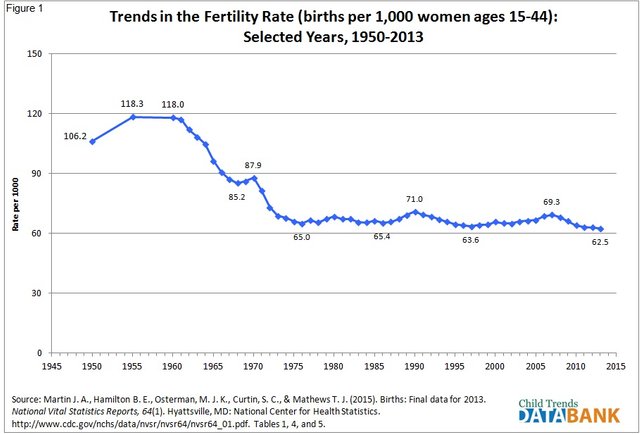Emotional problems associated with infertility
The dilemmas created by infertility are numerous and diverse, and have a comparable effect on both men and women, although traditionally the difficulties have been only related to the female figures.
I will not go far in exploring this aspect of infertility since it is purely a medical concern, I will only highlight some of the concerns because I consider it is necessary and it happens quite frequently in our developed society, the reason is the delay of motherhood.
In recent decades, especially in developed nations, there has been an increasing trend in delaying the arrival of a baby, both personal and professional reasons. Thus, the number of women who choose to become mothers after 30 years is considerably high. In fact, for example in the US one in five women has their first child after the age of 35. Fortunately, most have healthy pregnancies and healthy babies.
What are the fitting ages of fertility?
In general, women begin to experience a decrease in fertility after 30 years. In fact, the success rate of pregnancies in women over 40 years is close to 20%, and even lower in some cases, compared to 38% per cycle which are about 35 years old.
Therefore, at this age time plays a leading role: the more time passes, the more difficulty in conceiving. On the other hand, the age of the couple also has negative influences, since semen quality is also impaired, making it more difficult for possible fertilization.
Overall fertility decline in women above 35 years because they tend to ovulate less often than younger women. But also they influence certain health problems that are more common after this age, such as endometriosis, which causes the tissues cling to the ovaries or fallopian tubes and interferes with conception.
If a woman is over 35 years has not become pregnant after trying to conceive for six months, they should consult a doctor. Researchers suggest that about one-third of women aged 35 to 39 and about half of women over 40 have fertility problems.
image credit: cdc.gov
What to do when we discover that we can not have a child?
Normally couples are advised to go to visit an infertility specialist after two years of attempting to have a baby and cannot accomplish the desired pregnancy. Before it was not considered strange it is natural for many couples takes longer than a year to conceive.
After a first medical appointment, couples will request a series of diagnostic tests for both. But this does not always get to identify with confidence the source of the problem, much less. In any case, the result is the same, no matter what is the reason: couples can not have kids.
The diagnosis of an infertility problem / sterility can be a real "life crisis" for a couple, it is understood as an alteration of their emotional balance that causes disorganization, despair, sadness, anxiety and confusion.
Thanks again for reading :)



I fell pregnant with my first child straight away but took me 21 months with my 2nd it caused a lot of stress and worry at the time